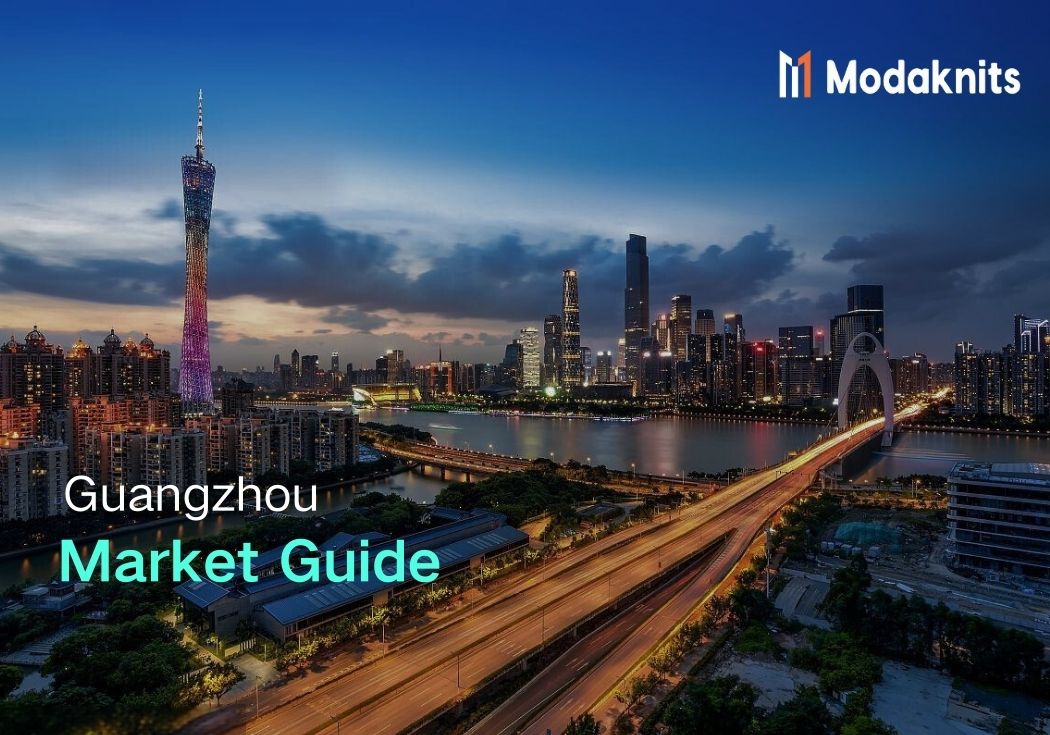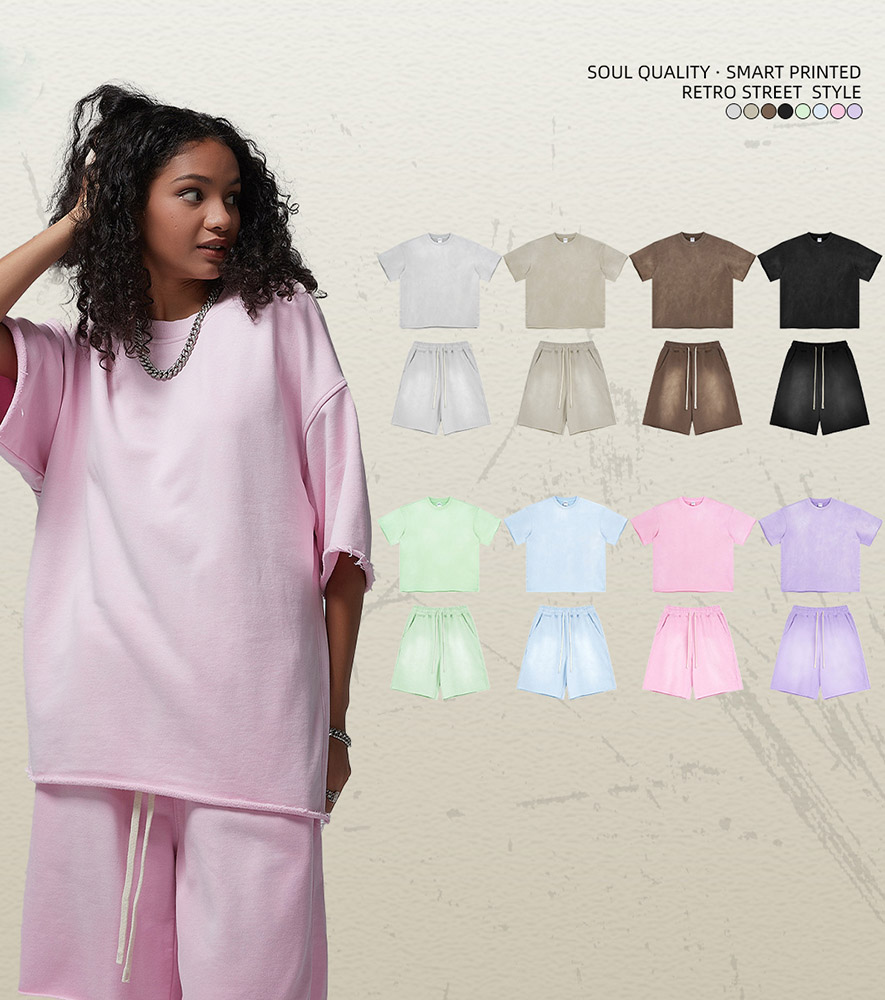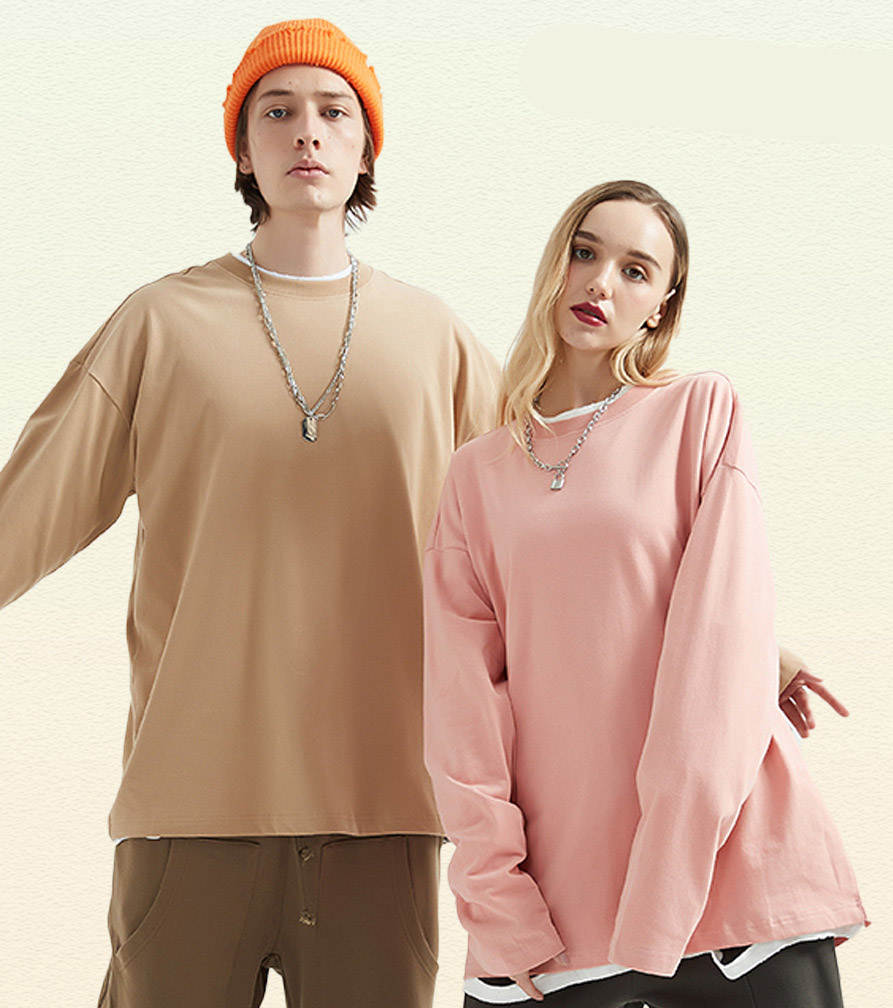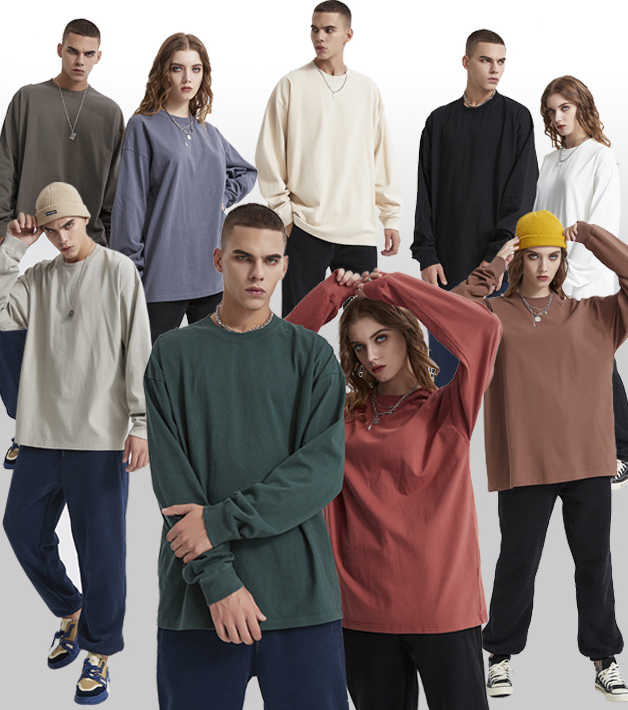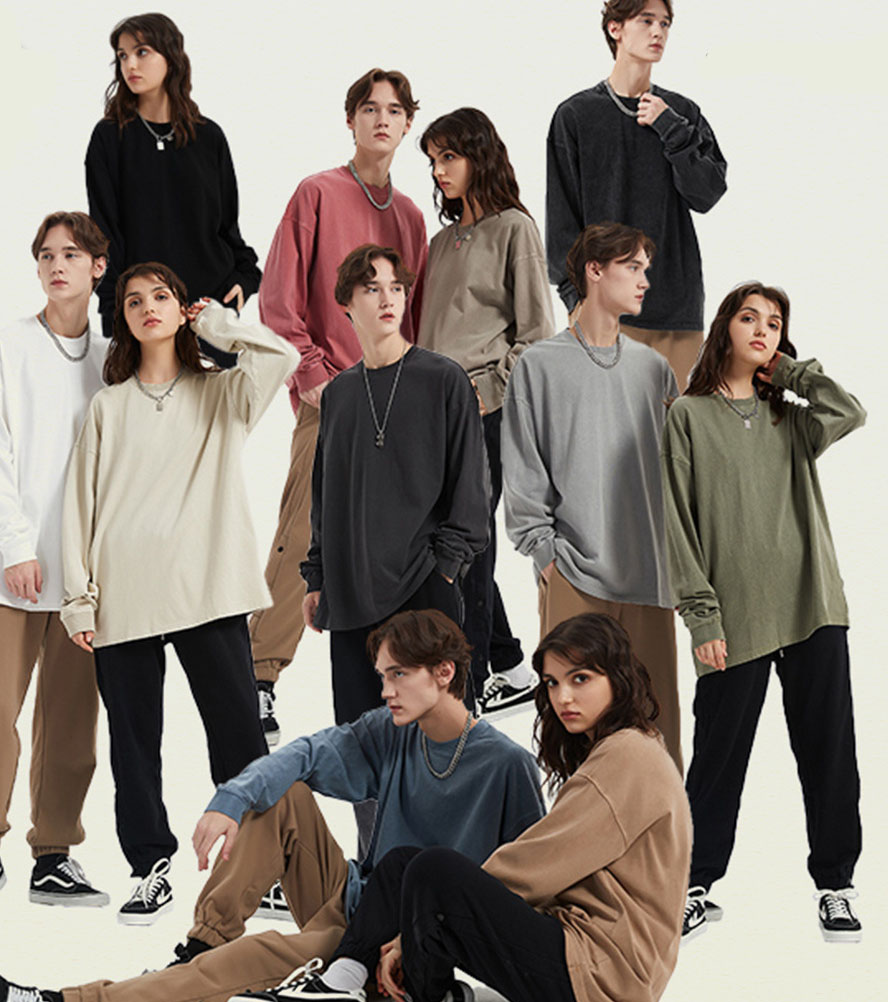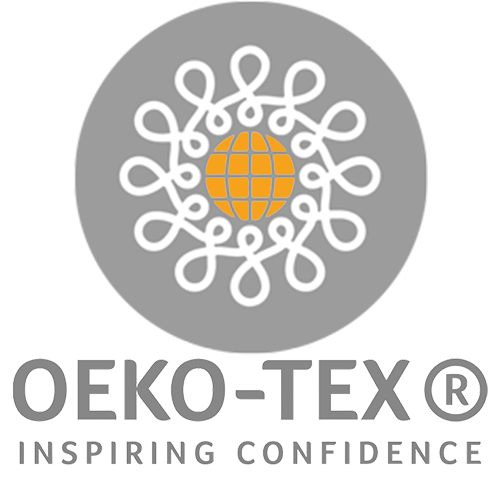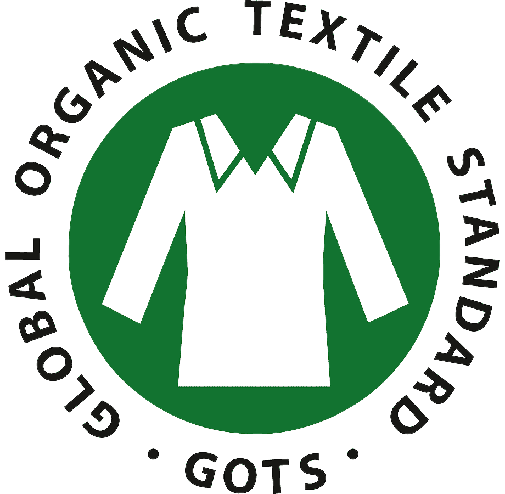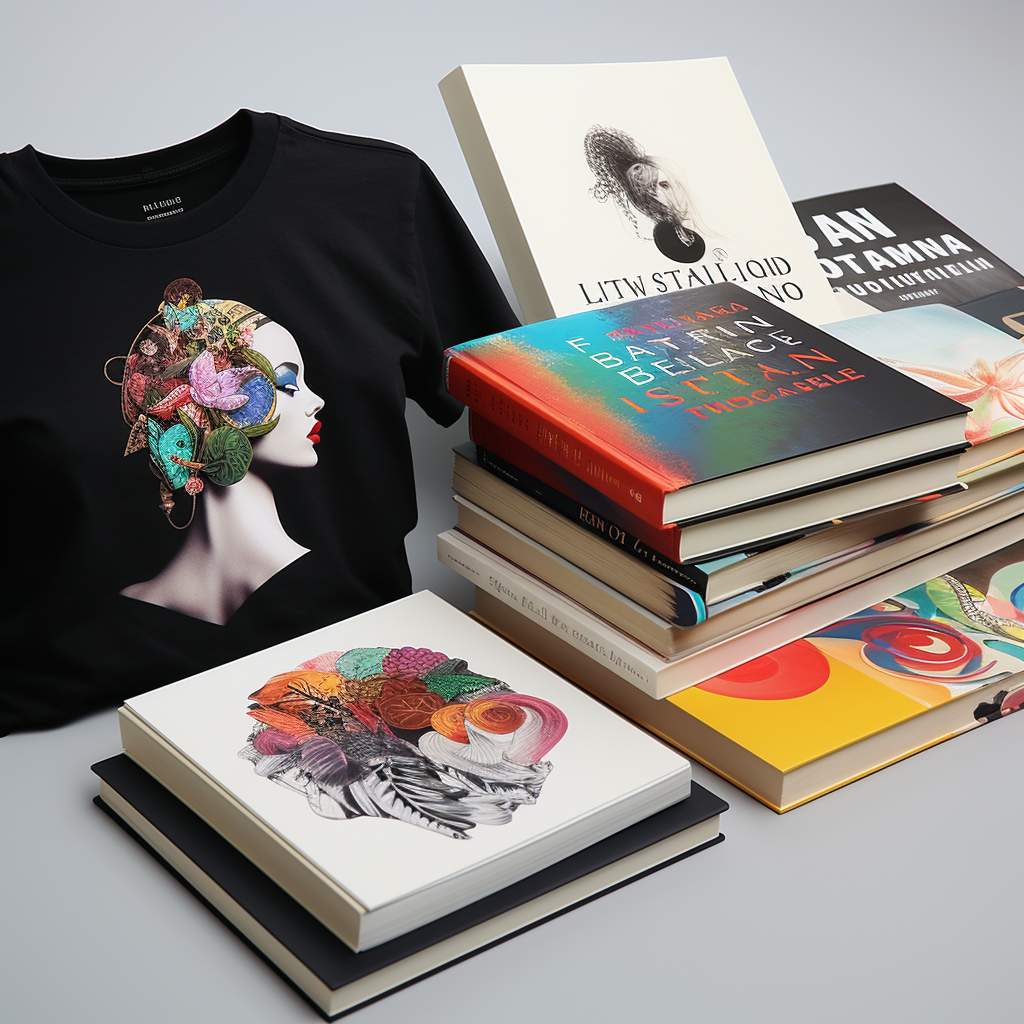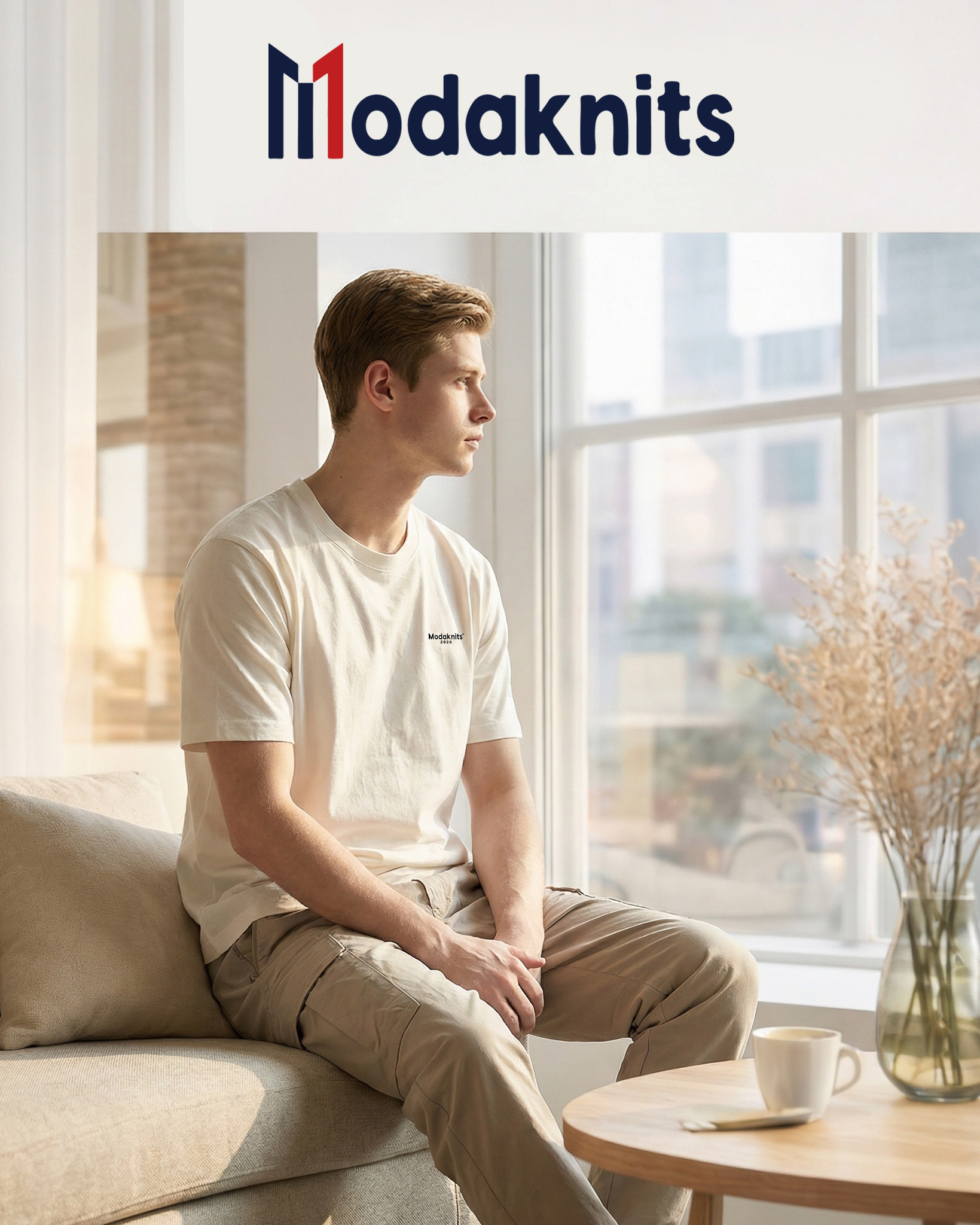Private label apparel is rewriting the playbook for how fashion brands, retailers, and e-commerce sellers bring products to market. In an industry defined by speed, creativity, and differentiation, private label strategies1 offer a flexible route to brand ownership2 and profit growth—whether you’re launching your first collection or adding new lines to an established business. But to truly leverage private label manufacturing, you need to understand the different types, the strategic reasons behind each, and how to select and work with the right manufacturing partner.
The four main types of private labels—generic, copycat, premium, and value innovator—each come with their own advantages, challenges, and requirements for success. Navigating these categories allows brands to serve distinct customer segments, react quickly to trends, and innovate without the massive investments required by traditional fashion models3. With the right manufacturer, a private label brand can create products that are on-trend, high-quality, and perfectly positioned for growth in today’s global marketplace.
This expanded guide will help you decode private label apparel4, explore each category in depth, and offer practical tips for choosing a private label apparel manufacturer that matches your business vision.
What Defines a Private Label in the Apparel Industry?
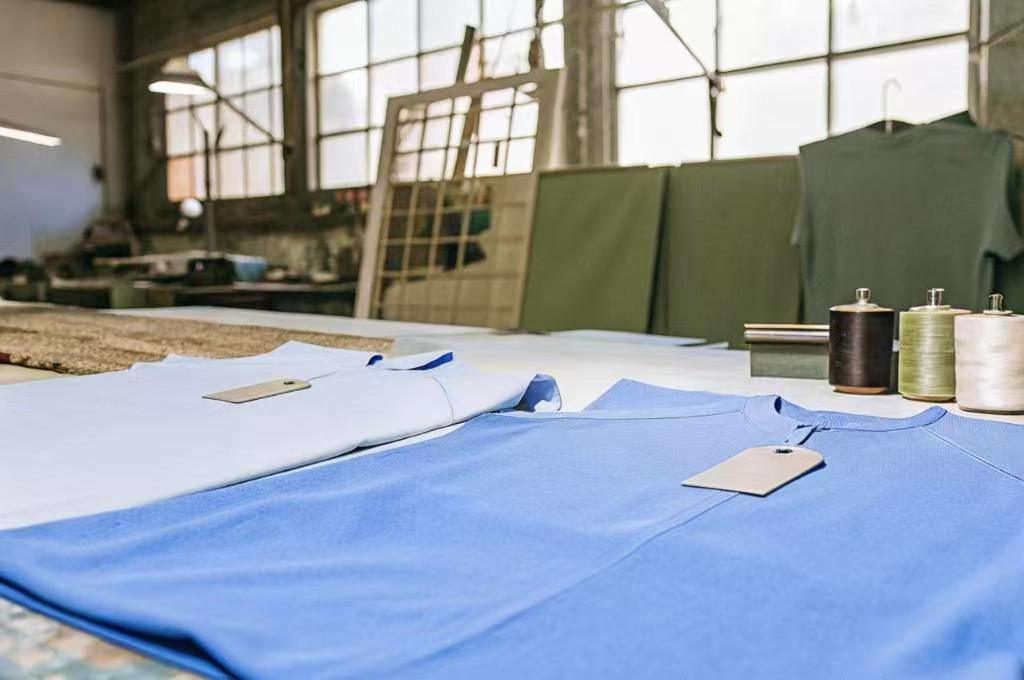
Garment Production Setup
A private label in fashion is an arrangement where products are manufactured by one company but branded and sold by another. For apparel, this means you get full control over branding, product assortment, and customer experience5—even if you don’t own the factory. This model lets retailers, influencers, and entrepreneurs build exclusive lines tailored to their audiences.
How Do Private Label Apparel Manufacturers Support Brand Creation?
Private label manufacturers play a central role by providing:
- Design and technical support to translate your vision into production-ready garments
- Sourcing for fabrics, trims, and packaging that match your brand’s quality and price targets
- End-to-end production management—from patternmaking to final QC and packing
- Scalability: the flexibility to produce both small test runs and large orders as your brand grows
This means founders can focus on brand storytelling, marketing, and customer engagement—while relying on the manufacturer for technical, logistical, and compliance expertise.
What Is the Difference Between Private Label and White Label Clothing?
| Aspect | Private Label Clothing | White Label Clothing |
|---|---|---|
| Customization | High: design, fabrics, logo, packaging | Low: pre-made products, generic |
| Branding | Unique to your business | Sold by multiple sellers |
| Speed to Market | Moderate to fast (with development time) | Very fast (ready to ship) |
| Margin Potential | Higher (more differentiation) | Lower (price competition) |
| Example | Custom fitness wear, boutique denim | Basic T-shirts for online resellers |
Private label offers a true brand-building path, while white label is ideal for quickly testing new products with minimal investment.
What Are the Four Main Types of Private Label Brands?
Understanding these four types can help you identify where your brand fits—and how to communicate your needs to manufacturers.
What Are Generic Private Labels and How Do They Work in Apparel?
Generic private labels focus on essentials—plain tees, basic joggers, affordable socks—sold with minimal branding and simple packaging. They’re all about price, efficiency, and meeting baseline customer demand. Supermarkets, discount chains, and some fast-fashion retailers rely on generics to fill out their assortments and capture cost-conscious buyers.
How Do Copycat Private Labels Compete with Leading Brands?

Copycat private labels use inspiration (sometimes aggressively) from the most popular or luxury brands. They offer near-identical styles at a more accessible price point, often focusing on trends or “must-have” looks for the season. Success in this segment requires rapid design development, close market tracking, and the ability to quickly pivot as styles change.
What Are Premium Private Labels and Why Are They Growing in Apparel?
Premium private labels blur the line between traditional house brands and designer lines. Here, brands invest in top-tier fabrics, tailored fits, and aspirational branding—delivering luxury experiences at more attractive prices. Department stores, online retailers, and even supermarkets are launching premium capsules to compete directly with established designer names.
How Do Value Innovator Private Labels Offer Unique Market Advantages?
Value innovator private labels are the disruptors. They offer more than just low prices—they deliver new features, sustainability, or technology at surprising value. Think performance fabrics, recycled materials, or limited-edition artist collaborations. These brands carve out a niche by addressing unmet needs or offering “smart” basics with a twist.
Four Types of Private Label Brands in Apparel
| Type | Key Features | Example Product Types | Typical Positioning |
|---|---|---|---|
| Generic | Basic, low-cost, minimal branding | Tees, basics, socks | Budget/value |
| Copycat | Trend-driven, mimics top brands | Fashion jeans, activewear | Affordable trendy |
| Premium | High-quality, exclusive, luxury | Blazers, dresses, cashmere | Affordable luxury |
| Value Innovator | Functional, innovative, ethical | Tech tees, eco sweats | Trendy + value |
How Do Private Label Apparel Manufacturers Adapt to Different Private Label Strategies?
The best manufacturers offer flexible services, technical know-how, and supply chain agility to match your private label type.
How Can Manufacturers Tailor Products for Premium, Generic, and Value Innovator Brands?
To serve these segments, manufacturers:
- Maintain a versatile materials library—from basic cotton to performance blends and luxury wools
- Invest in sample development and prototyping for premium and innovative lines
- Offer scalable production lines for both bulk basics and limited-edition drops
- Support clients with R&D, compliance, and testing for new technologies or certifications
What Manufacturing Flexibility Is Needed to Serve Copycat Private Label Clients?
For copycat brands, manufacturers must:
- Follow runway and street trends closely, providing fast mood boards and pattern updates
- Deliver quick sample iterations, often working from reference samples or viral designs
- Support very short lead times—weeks, not months—to hit the market with the trend
- Ensure rigorous QC to meet style and fit expectations of brand-conscious shoppers
Private Label Manufacturer Services by Brand Type
| Brand Type | Key Manufacturer Services | Production Flexibility |
|---|---|---|
| Generic | Bulk, cost-focused, simple finishing | High-volume, low MOQ |
| Copycat | Trend-tracking, fast sampling | Short lead times, agile runs |
| Premium | Quality sourcing, technical design | Advanced QC, small batch |
| Value Innovator | R&D, innovation, eco-compliance | Prototype support, niche MOQs |
What Are the Benefits of Working with Private Label Apparel Manufacturers?
Whether you’re a retailer adding a house brand or a startup launching your first drop, working with experienced manufacturers brings clear business advantages.
How Can Brands Save Time and Money by Partnering with Private Label Manufacturers?
- Eliminate the need for expensive design teams or in-house production
- Tap into established material sources and pre-vetted supply chains
- Avoid large inventory commitments by negotiating lower MOQs or test runs
- Focus capital on marketing, customer acquisition, and e-commerce rather than machinery or labor
What Opportunities Exist for Startups in the Private Label Apparel Market?
Startups can:
- Use private label to enter the market quickly and with minimal risk
- Test new product ideas or micro-collections before committing to larger runs
- Negotiate creative collaborations—such as influencer lines or artist partnerships—directly with their manufacturer
- Scale successful styles from small runs to national distribution
Benefits of Private Label Apparel Manufacturing
| Benefit | Impact on Brand or Startup |
|---|---|
| Fast market entry | Launch new styles in weeks |
| Lower startup costs | Reduce risk, conserve cash |
| Flexible order sizes | Respond to demand, avoid overstock |
| Design control | Build unique brand positioning |
| Compliance support | Enter global markets, build trust |
How Can Brands Choose the Right Private Label Apparel Manufacturer?
Finding the right partner is critical. Your manufacturer will shape your product quality, speed, and ability to scale.
What Criteria Should You Use When Selecting a Private Label Partner?
- Experience with your category (activewear, basics, luxury, etc.)
- Clear communication and transparency—both in development and pricing
- Willingness to offer small runs for new collections
- Robust quality control, compliance, and ethical standards
- References from other successful brands
Visiting the factory and requesting detailed samples helps ensure your standards are met.
How Do Quality Assurance and Compliance Impact Your Private Label Success?
High standards mean:
- Fewer product defects and costly returns
- Stronger relationships with retailers and platforms (who demand compliance)
- Enhanced consumer trust and repeat business
- Easier global expansion (thanks to standardized safety and labeling)

Always ask for certifications, audits, and quality process documentation from your manufacturer.
Conclusion
Private label apparel offers brands of all sizes the ability to launch, scale, and innovate at speed. By understanding the four types—generic, copycat, premium, and value innovator—you can better position your line, communicate your needs, and select a manufacturing partner who will help you grow. The most successful private label businesses are built on flexible, transparent relationships with manufacturers who share your standards and vision for quality.
-
Explore various strategies that can help apparel brands succeed in the private label market. ↩
-
Discover the significance of brand ownership in the context of private label apparel. ↩
-
Learn how private label models differ from traditional fashion models in terms of flexibility and cost. ↩
-
Explore this resource to understand the fundamentals of private label apparel and its market impact. ↩
-
Explore how private label brands can create unique customer experiences through tailored offerings. ↩


